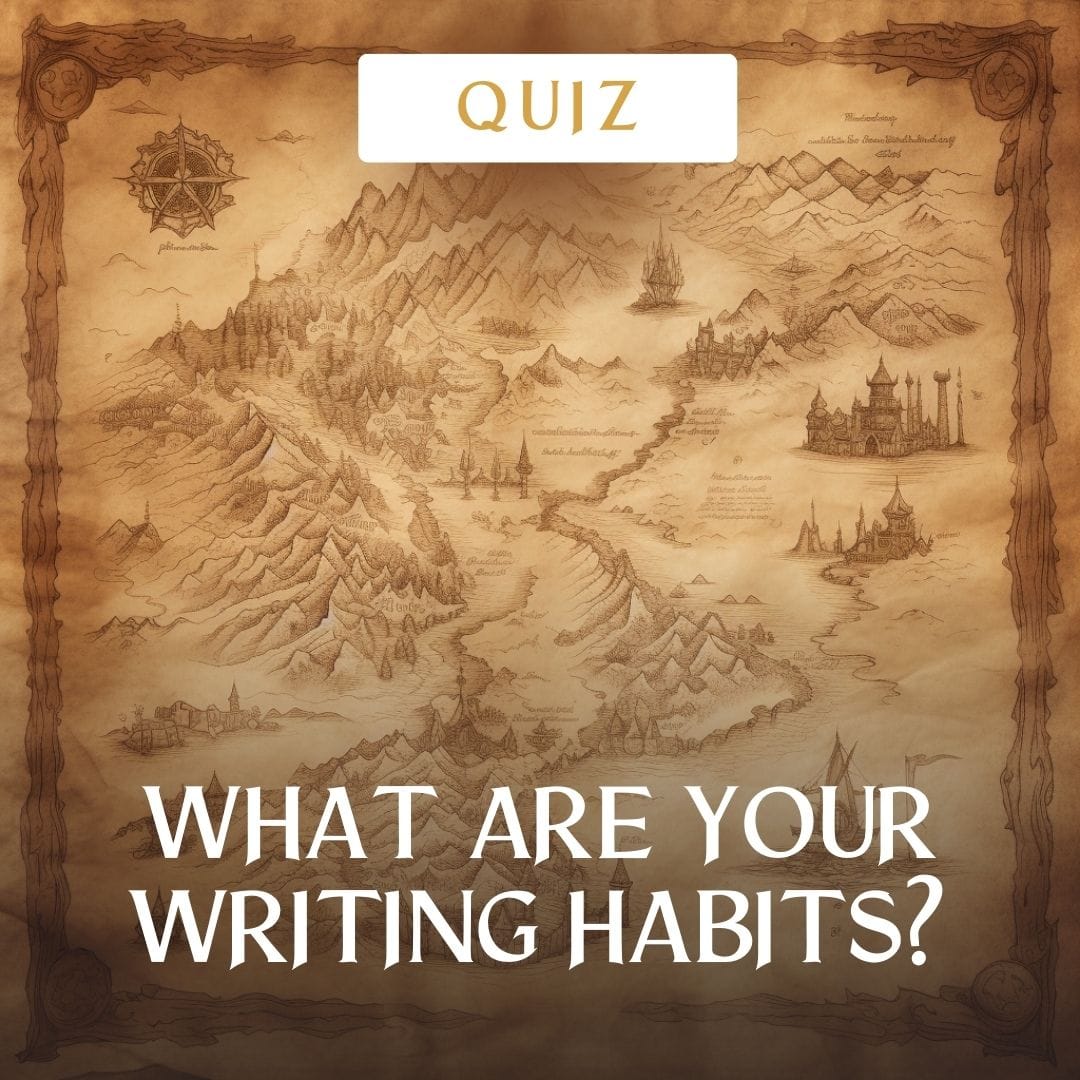A couple of things that will strengthen your use of description, and also draw in the reader more quickly, is more use of the different senses.
Eyes can only see so many things, but the nose and ears are rich sources of detail and insight into culture and location. It’s easier to imply more about a location.
Unlike a film, where it can only rely on sight and sound to create a compelling experience, writing is able to elicit a deeper response. The shifting of the action into the mind’s eye also involves another element; the experiences of the reader.
Each element described, from food to texture to sound, is sourced from the reader’s experience of that food, texture and sound. This is why people can become passionate about a story, and feel differently about it than other readers. As Tolkein puts it, everyone remembers ‘their’ idea of a green, rolling hill.
Rather than listing everything that the senses gather about a scene, describe the most important ones that sketch the best sense of the environment. You can make your writing more immediate by relying on other senses than sight.
Try to use sight to describe what a character would pay attention to, and then sound and smell to broaden the scene.
Keep reading, we’re going to explore a pretty fascinating idea: how to differentiate characters through point of view.
Staying in Your Character’s Head with Description
This is often a real challenge, but in a story with multiple points of view where the author is writing in a close third person point of view, describing what a character would pay attention to is a gripping, convincing way to express your character.
What is ‘close third person’? When the author writes from inside the head of a character.
‘Third person omniscient’ is when the author dips in and out of the character’s mind, describing things that the character might not see or be aware of, and telling the story for the reader’s benefit. This has it’s merits, but if you’re writing ‘close third person’, then an interesting challenge arises.
If you’ve seen any of the ‘Brain Games’ series, the host makes a riveting point; our minds are conditioned to pay attention only to the things that we consider are important for our immediate need.
Since we can’t pay attention to everything, we will ignore and forget what doesn’t hold value to us in the moment. There is often a crazy amount going on, but our minds are brilliant engines designed to focus and forget, to eliminate distraction and give us what we need to keep meeting our current goal.
If we’re walking through the park hellbent on making a meeting, we won’t notice how nice the day is, or the pigeons, or how nice the coffee smells. If we won’t notice it, then as an author, don’t describe it – it won’t intrude on their focus.
Spend time understanding what they will pay attention to. How many times did someone ask you if you saw the paraglider, or the way the squirrel grabbed the sandwich, or that cute kid with the balloon?
If you weren’t looking for it, chances are it didn’t even cross your mind to remember it. Why should it intrude in the writing of ‘close third person’ POV?
How to Differentiate Characters through POV
Learning to describe only what a character would pay attention to is an important and fascinating way to differentiate voice, talent and character expression.
If your fantasy character is a warrior, then he/she probably won’t know the names of all the herbs and foods used in the tavern.
If the character has culinary or medicinal interests, then paying attention to those details will make more sense, and reveal more about the character.
Or if your character is royalty, then he/she will probably not pay much attention to what is ‘normal’ to them. If they have no clue about the different kinds of trees, then don’t have detailed descriptions of shrub and fir enter their minds – unless something happens that forces them to think more deeply about it.
An historian or an artist will pay attention to details about a scene that relate to them, and not think about it the way a cook or a builder would.
You can expect a builder to notice the hairline cracks near a door, and get a sense that this load-bearing wall is failing. A herbalist probably won’t see a clue like that, or if they do, not understand the import.
The builder probably won’t pay close attention to the smells coming from the kitchen, other than that it smells good. The herbalist, or assistant chef, will be able to tell that thyme is sauteing in garlic, and there’s a squab on the grill.
The warrior would ignore the names of the trees and think nothing about the tale behind the granite ruins, and focus on how best to use the crumbled walls.
The historian would pay closer attention to the style of the carving, the way the rocks were cut, and how different it is to similar work from the same era, perhaps guessing who abandoned this forest-bound fort.
Don’t mention it.
When characters start noticing elements beyond their normal comfort zone, you need to make sure the reader understands why these details are being brought into focus. And as a story teller, you’re starting to use more elements of writing at the service of your story and character presentation.
So in short; if they won’t pay attention to it, don’t mention it.
If your world never had a moon, and no one has ever known about it, then don’t ever bring it up. Try to describe what the world is like, and how people would act, if there was no moon. Let the reader fill in the gaps – and probably feel clever that they figured something out without being told.
In knowing your character, you should be able to know how they will look at a scene, what they will pay attention to and what they will ignore. You will then be able to unlock one of the coolest aspects of character perception; differing memories or descriptions of an event depending on the character.
Keeping in the character’s head and staying close to what is important to them and what they would pay attention to is a prime way to be using the character’s voice, pull into focus the difference between your characters, and make description better serve your character.




0 Comments